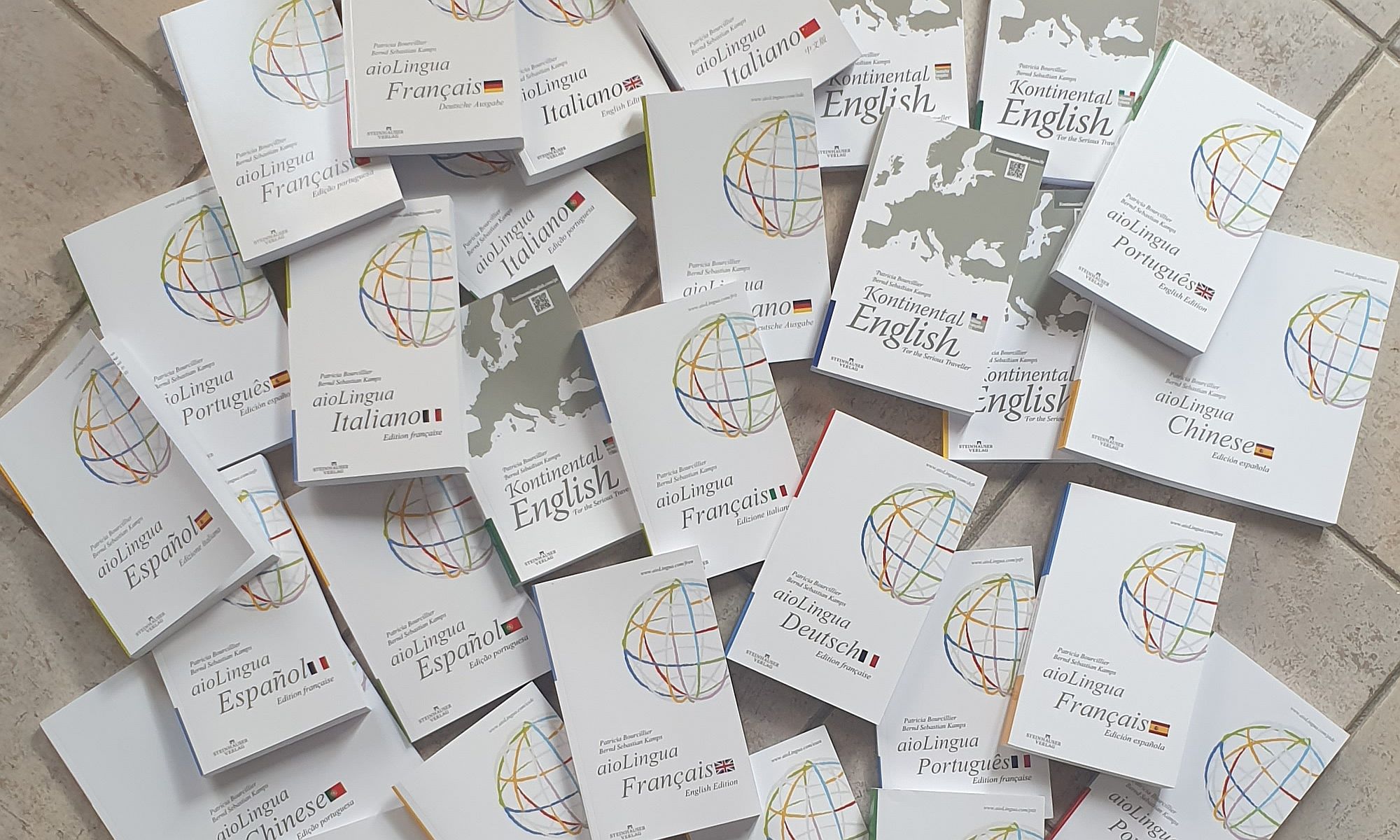Objective: The purpose of this investigation was to evaluate the ability of ChatGPT, the OpenAI language model, to produce an artificial intelligence (AI) manual.
Methods: The text generation process was divided into two phases. In Phase 1 (July 6-7, 2023), we asked ChatGPT 4.0 to design a comprehensive structure for the AI manual (“General Considerations about AI”), consisting of chapter titles and subtitles, and then to expand those subtitles into 300-400 word sections. In Phase 2 (July 16, 2023), we asked ChatGPT to generate in-depth content on specific topics (“Special Considerations about AI”), namely 1) the impact of AI on medical professions, 2) the impact of AI on other professions, 3) AI’s involvement in creative and artistic endeavors, 4) AI’s potential in education and learning, 5) AI’s role in problem solving and skill enhancement, and 6) AI’s function in entertainment and exploration. Again, for each area, we initially asked for a number of subtopics, which were then expanded into 300- to 400-word sections.
Results: In Phase 1, ChatGPT divided “General Considerations about AI” into ten chapters, totaling approximately 28,000 words (the free PDF can be accessed via the link below). Although all of the chapters are informative, chapters 3, 4, and 7 stand out. The chapters produced in Phase 2 (chapters 11 through 16, with chapter 11 being of considerable importance to medical professionals) were approximately 35,000 words. The first ten chapters were written in less than four hours, while chapters 11 through 16 took three hours. It took 5 hours to proofread chapters 1 through 10. Chapters 11 to 16 were not proofread.
Conclusion: ChatGPT has the potential to be an efficient tool for the rapid production of comprehensive manuals on a variety of topics. However, due to ChatGPT’s tendency to “hallucinate” or fabricate information, we advocate that authors tackle topics they’re familiar with and validate each sentence against verified knowledge. Under the right conditions – experienced authors delineating and explaining their knowledge – ChatGPT could contribute to all stages of manual creation, from sketching an outline to defining content, writing, refining, and proofreading. This approach could potentially reduce writing time by at least 50 percent, with some projects seeing reductions in excess of 75 percent.
Link: The AIOLOGY manual, along with 12 translations, has been freely distributed at https://hiv.net/aiologyHandbook.

